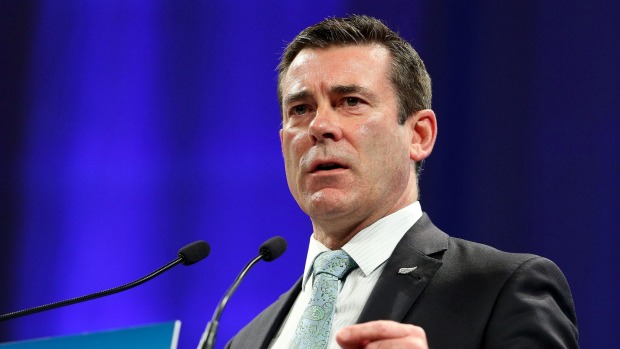
The legislation was introduced yesterday but a number of critics have been quick to point out potential flaws.

The long-awaited Pay Equity Bill was finally introduced to parliament yesterday with New Zealand’s workplace relations and safety minister praising the legislation.
“The Bill provides a practical and fair process for employees to follow if they feel they are not being paid what their job is worth,” said National MP Michael Woodhouse.
“It will also make it easier for employees to file pay equity claims directly with their employers rather than having to go through the courts.”
However, the new legislation – which is expected to have its first reading next week – has also attracted criticism from other parties.
“We are carefully examining the detail of this proposed law but it does look as though it will be much more difficult for working women to achieve equal pay,” said CTU VP Rachel Mackintosh.
"A key problem is that the Bill adds additional barriers for women taking pay equity claims by putting significant restrictions on the male dominated jobs which can be used as a comparator to help determine whether a job has been undervalued because it is female dominated,” she explained.
“Sometimes these comparators might be from the same industry, but sometimes they will need to be from a different industry – particularly when a whole industry of work has been undervalued and affected by gender discrimination because it's been work performed largely by women.”
Mackintosh pointed to the ground-breaking case involving Kristine Bartlett as an example.
“It seems that, at the very least, it would have been much more difficult for Kristine Bartlett and the 55,000 other care workers to have achieved their recently won equal pay settlement had this Bill been the law,” she said.
Instead, Mackintosh wants female employees to be able to look outside their own industries to determine if they’re being underpaid.
“Women need to be able to select the most appropriate comparator for their particular role, regardless of who their employer happens to be,” she said.